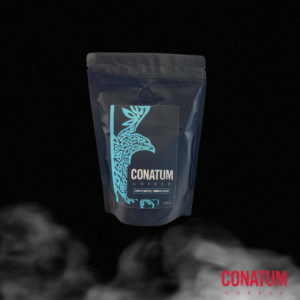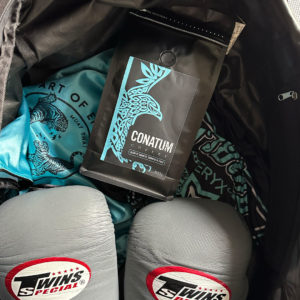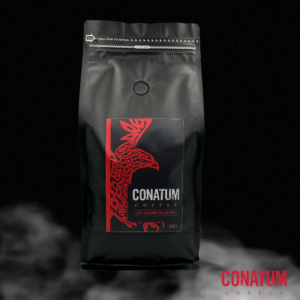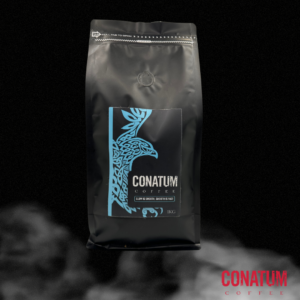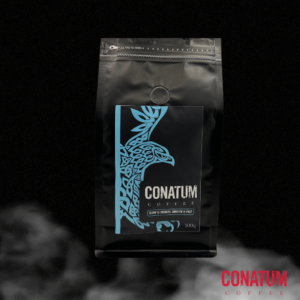Coffee’s secret weapon is adenosine, or rather, how it affects adenosine. When we drink coffee, the caffeine from the drink enters the bloodstream through the stomach and small intestine. It is remarkably fast at getting through the blood-brain barrier and latching on to adenosine receptors.
Caffeine has a very similar structure to adenosine, allowing it to bind to adenosine receptors without activating the receptors.
In basic terms, caffeine will block adenosine from doing its job, like someone checking a low kick. By doing so, and keeping adenosine out, neurons have a decreased sensitivity. The brain is left thinking it is perfectly fine to be alert and fire on all cylinders.
So what happens if you drink your favourite coffee (Conatum, of course) every day, at least a few times a day? Well, your neurons develop more adenosine receptors to combat the caffeine. In turn, people will typically drink more coffee to combat that, creating a never-ending to & fro where you need to be wise to consumption. It is the reason why anyone who suddenly goes cold turkey and stops drinking coffee will find themselves tired most of the day. With more receptors and less caffeine, all that adenosine can now latch on and make you feel sleepy.
You might be surprised to know that adenosine receptors aren’t just in the brain. You have them in your heart, kidneys and bladder. If you’ve ever had too much coffee/caffeine throughout the day and suddenly found your heart racing while seemingly doing nothing, this is usually why.

